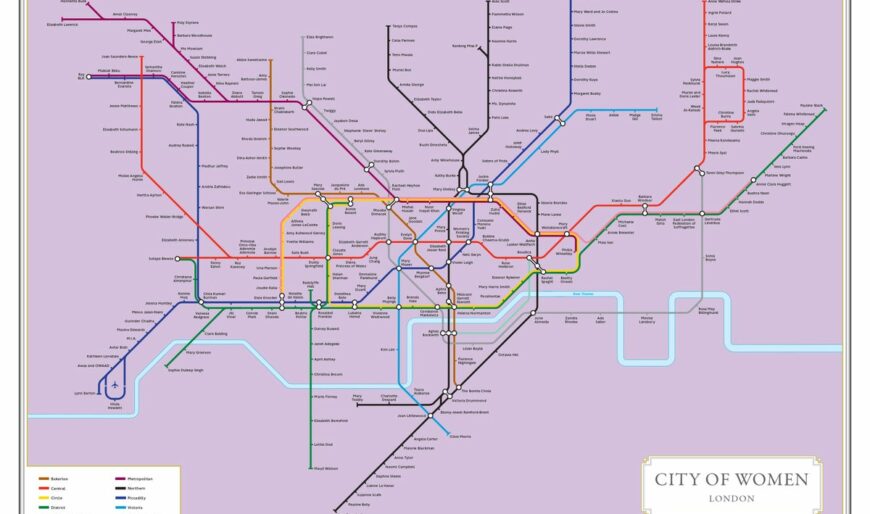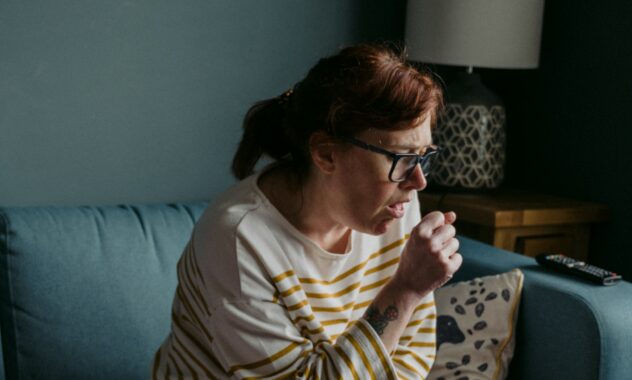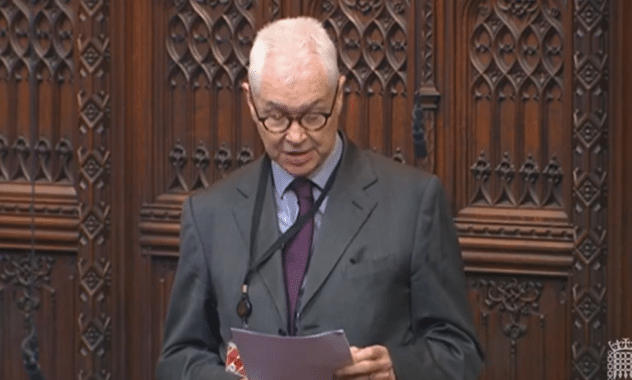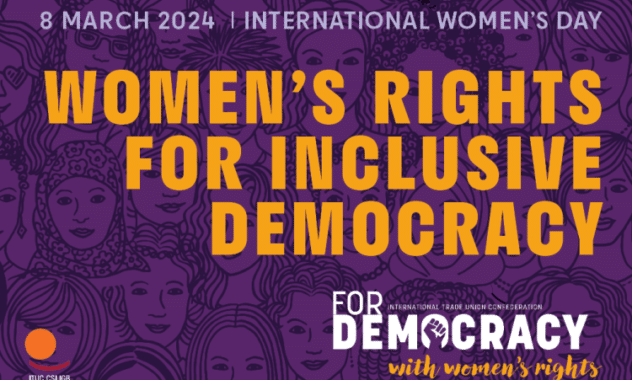Grenfell campaigner recognised in ‘City of Women’ renaming project for IWD
Yvette Williams MBE has been recognised in a ground-breaking, interactive project re-imagining the London Tube map.

Yvette Williams MBE, lead campaigner on the Justice 4 Grenfell campaign, veteran of the Mangrove Community Association and trustee of the Tabernacle Community Centre, has been recognised in a ground-breaking interactive project re-imagining the London Tube map, by renaming each stop after a trailblazing woman.
Yvette was a founding member of Operation Black Vote, and has worked on a number of campaigns including those for Stephen Lawrence and Frank Critchlow. She and her daughter witnessed the fire at Grenfell Tower, after being alerted by a family friend who was evacuated from one of the walkways.
In bearing the name for Latimer Road Tube Station, she joins a diverse list including Altheia Jones-LeCointe, Amy Winehouse, Jayaben Desai, the Match Girls, Constance Markievicz, Mary Seacole, Mary Wollstonecraft, Noor Inayat Khan, Paris Lees, Phyll Opoku-Gyimah, Tessa Sanderson, Virginia Woolf and Zadie Smith in the renaming project.
Transport for London (TfL) released the interactive ‘City Of Women’ London Tube map (in partnership with Haymarket Books) to mark International Women’s Day 2022.
Led by writer Reni Eddo-Lodge and actor Emma Watson, who worked with writer and activist Rebecca Solnit and partnered with Transport for London (TfL), the project draws from figures in arts, sports, activism, science, media, law and medicine. The project is inspired by Solnit’s and Joshua Jelly-Schapiro’s book Nonstop Metropolis, in which they reworked the New York City subway map to celebrate women who had made their mark on the city.
The interactive, digital version, developed by Dr Leah Lovett (UCL Centre for Advanced Spatial Analysis), allows people to learn more about each person and their lives. It is available online and features biographies and interviews with some of the women who are featured.
Dr Lovett said:
“The stories are inspirational and give a rich picture of the myriad ways that the lives represented here have contributed to shape London. Our hope is that the interactive map will invite a deeper exploration of local heritage and the layered history of this city.”
Reni Eddo-Lodge, author of the best-selling ‘Why I’m No Longer Talking to White People About Race’ said:
“As a Londoner, I’ve walked the streets of this city for decades, not conscious of the fact that so many of the city’s place names have a fascinating etymology. These iconic places are named after pubs, and parks, gates and members of the monarchy, but I was excited to give the map a feminist refresh. Our map switches the focus to women and non-binary people, contemporary and historic, who have made indelible marks on the city’s trajectory. I hope it helps you think about your surroundings differently!”
At the launch of City of Women, back in July 2020, Rebecca Solnit said,:
“This map was made to sing the praises of the extraordinary women who have, since the beginning, been shapers and heroes of this city that has always been, secretly, a City of Women.”
You can explore the interactive City of Women map here.







